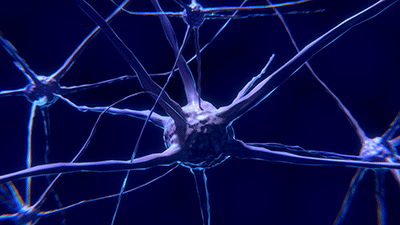[ad_1]
Faulty brain cells failing to communicate effectively may be an underlying cause of autism, new research suggests.
Researchers found people with autism suffer malfunctions in a cell producing a special coating. The coating is myelin, a fatty substance that protects neurons, which are crucial for brain communication.

Neurons must have proper insulation with myelin, a special coating, to function correctly. Image by Colin Behrens from Pixabay
And scientists at Baltimore’s Lieber Institute for Brain Development (LIBD) say correcting it could offer new treatment.
Supporting brain cells
Dr Brady Maher was the LIBD’s lead investigator on the study.
He said that in trying to understand autism’s root causes, researchers focused on neuron problems. Neurons are the main cells of the brain.
But he said his study shows scientists may underappreciate problems with a supporting cell. This supporting cell is critical for producing myelin to insulate the neurons.
Healthy brain development
Maher said myelin is essential for healthy brain development. And impaired myelin causes “abnormal brain development”, he added.
Charity Thinking Autism said if it’s confirmed that myelin abnormalities can cause autism, those affected should get treatment to “reverse the problems”.
The findings came from the LIBD’s research on Pitt-Hopkins syndrome, a neurodevelopmental disorder that produces autism symptoms.
Pitt-Hopkins is caused by mutations in the TCF4 gene.
Genetic abnormality
Working with mice with the same TCF4 gene mutation, the researchers identified a genetic abnormality that disrupts cells that control myelin.
These cells are known as oligodendrocytes (OL).
The researchers looked at other mice with autism-related mutations and found consistent evidence for OL abnormalities.
And they found the same problem with OL cells in the brain tissue of people with autism who did not suffer from Pitt-Hopkins, but more common forms of autism.
The problem is not found in the brains of people without autism.
Compounds to boost myelination
Maher and colleagues are testing compounds that could boost myelination.
The researchers published their study in Nature Neuroscience.
Related:
Published: 20 February 2020
